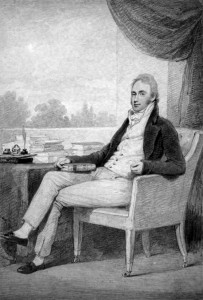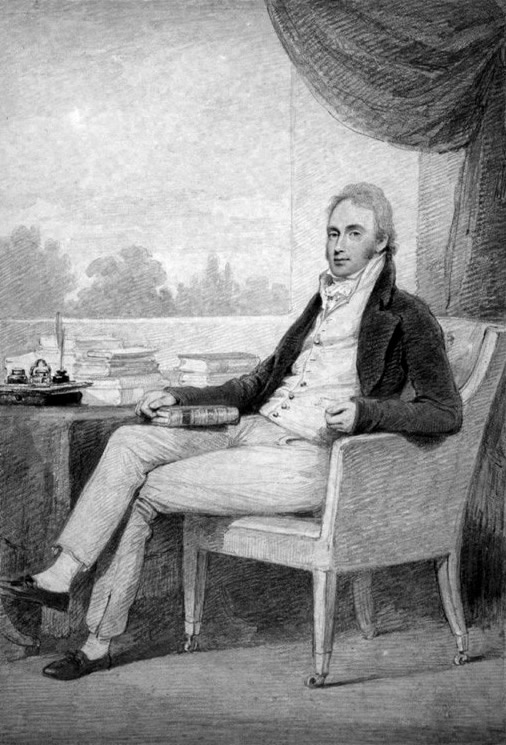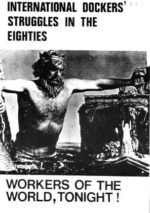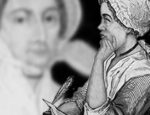Description

Meet John Hookham Frere, brilliant but reactionary translator of Aristophanes. His lively, readable yet ideologically biased verse translations were still being published in the Everyman series as late as 1945. The son of a high Tory magistrate and MP, Frere came from old-fashioned gentry stock. At Eton in the 1780s, he befriended the future Prime Minister, George Canning, and was elected MP in 1796. The following year Frere joined the contributors to the influential Anti-Jacobin. It owed much of its fame to verses written by Canning and Frere, some of them parodies of poets who supported the opposition, such as The Friend of Humanity and the Knife-Grinder, which mocked Robert Southey’s sympathy with the poor and those who supported the French Revolution. After succeeding his friend Canning as Under-Secretary of State in the Foreign Office, Frere took up appointments in Lisbon and Madrid, but in 1808 a disastrous set of events curtailed his public career. In 1818 he moved to Malta permanently, and sought solace in translating Aristophanes and another poet inherently appealing to disgruntled conservatives — Theognis. Frere’s translations, which he had privately printed, were essentially complete by 1830. During the decade when he wrote them, he became depressed by news of radical agitation in Britain, and penned diatribes on the subject of Canadian insurgency, bemoaning ‘that tendency to Democracy, which is said to be so lamentably prevalent in new settlements’. These views affected his translations of Aristophanes, in which he even objected to the canonisation of the assassination of the Peisistratids ‘by the democratic fanaticism of the Athenians’. He also resents the right of poorer Athenians to serve on juries where they could become ‘the arbiters of the lives and fortunes of their subjects and fellow-citizens’. His unusual interpretation of Frogs sees the intelligent slave Xanthias as representing not the slaves freed at Arginusae (a politically liberal-minded interpretation favoured by French Enlightenment critics), but the exiled aristocrat Alcibiades, whose ‘genius and abilities might have relieved’ the Athenians; Frere thinks this would have been at only the relatively minor cost of submitting to a more dictatorial government!
n.b. around 1820




